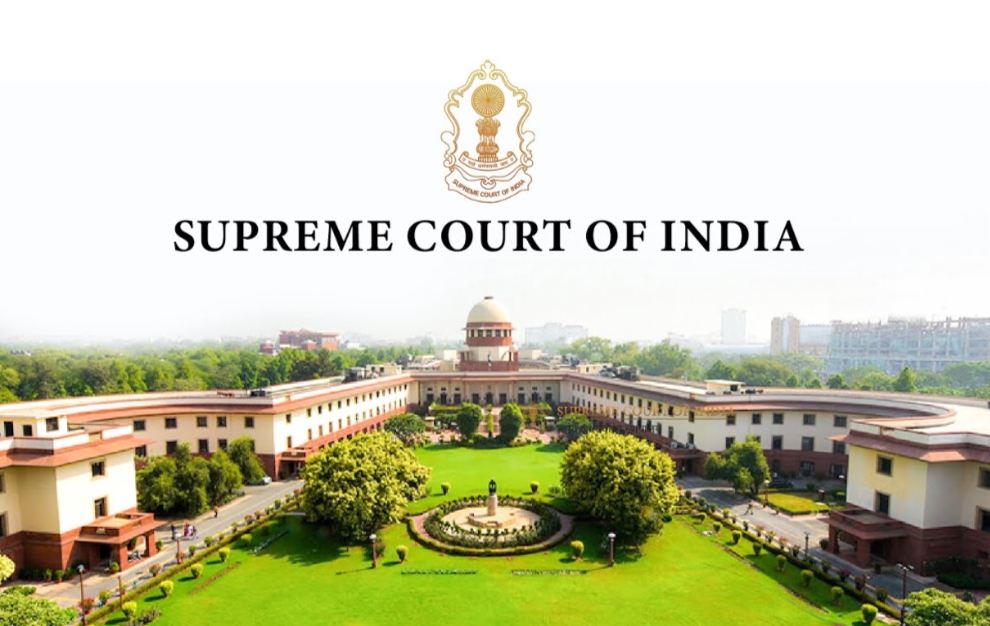The court stressed the importance of adhering strictly to legal procedures, particularly in cases involving arrests under section 69 of the GST Act.
In a significant directive, the Supreme Court has instructed the Centre to refrain from using threats or coercion during search and seizure operations aimed at recovering Goods and Services Tax (GST) dues from traders. The bench, comprising Justices Sanjiv Khanna, M M Sundresh, and Bela M Trivedi, emphasized the need for persuasion rather than force in ensuring voluntary compliance with tax liabilities.
The court highlighted the absence of provisions within the GST Act empowering authorities to employ force for tax recovery. It emphasized the importance of granting alleged offenders sufficient time to consult and clear their liabilities voluntarily, without resorting to intimidation tactics.
Additional Solicitor General SV Raju, representing the Centre, acknowledged the possibility of past instances involving the use of force but noted that voluntary payments were more common. However, the bench noted several complaints alleging coercion during such operations, underscoring the need for a balanced approach.
The court stressed the importance of adhering strictly to legal procedures, particularly in cases involving arrests under section 69 of the GST Act. It called for the implementation of safeguards provided by law and emphasized the need for checks and balances.
Senior advocates representing petitioners raised concerns over the prevalence of arrests and confiscations under the GST regime, highlighting instances of alleged threats and bias in enforcement procedures. They emphasized the need for fair and transparent adjudication processes.
The Supreme Court’s directive comes amid ongoing hearings on petitions challenging various provisions of the GST Act, Customs Act, and the Prevention of Money Laundering Act. The court’s scrutiny reflects a commitment to interpret laws in a manner that upholds citizens’ rights and prevents undue harassment.
The court had earlier sought details from the Centre regarding notices issued and arrests made under the GST Act, expressing concerns over ambiguity in section 69. It reiterated its commitment to interpreting laws to safeguard citizens’ liberties while ensuring compliance with tax regulations.
The hearing is set to continue, with the court expected to lay down guidelines to prevent the misuse of power and uphold the principles of justice and fairness in tax enforcement procedures.
Also Read: GST on Corporate Guarantee: Punjab & Haryana HC Temporarily Halts GST on Corporate Guarantee
Read More
16th Finance Commission (XVIFC) Seeks Inputs on Terms of Reference
Retired Justice Sanjaya Kumar Mishra from Odisha Appointed as Head of GSTAT

